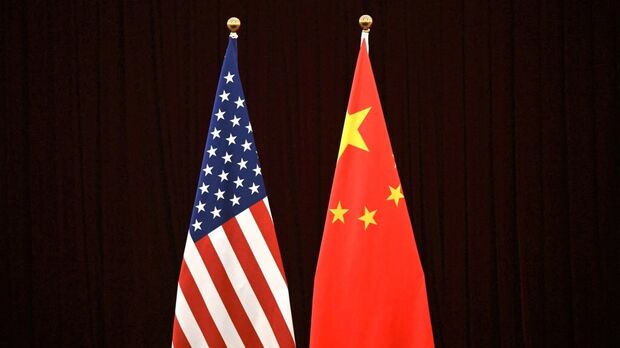
The Biden administration has announced a new wave of tariffs on Chinese goods, targeting a range of products, including apparel and textiles, in an effort to protect American industries and maintain a tough stance on China ahead of the upcoming presidential election. The new tariffs, ranging from 7.5 per cent to 100 per cent, cover a wide array of products such as: clothing, solar panels, electric vehicles, steel, and syringes. The administration argues these measures are necessary to combat the threat of cheap Chinese imports undermining US manufacturing.
The new tariffs, which come into effect on September 27, aim to address long-standing concerns about China's trade practices. The Biden administration also proposed changes to the "de minimis" rule, which previously allowed Chinese goods worth less than $800 to enter the US without paying tariffs. This move targets major Chinese exporters like Shein and Temu that have become popular with American consumers.
Katherine Tai, the US Trade Representative, stated that the tariffs would target China's "harmful policies and practices" that negatively affect American workers and businesses. The administration released a 187-page report supporting the tariffs, stating they have been effective in reducing US dependence on China, with China’s share of US imports falling to 13.7 per cent in 2023 from 21.6 per cent in 2017.
Impact on apparel and textiles
The apparel and textile industry, a significant portion of US imports from China, is expected to feel the effects of these tariffs. Clothing and related goods have been included in the new tariff list, potentially driving up prices for US consumers and affecting the supply chain. Retailers and manufacturers that rely heavily on Chinese apparel imports may face increased costs, leading to price hikes for clothing in the US market. This move could force companies to seek alternative sources for textiles and apparel, a process that may take time and come with higher costs.
China's response, vows retaliation
China has expressed strong dissatisfaction with the US's new tariff measures. A spokesperson for China’s Ministry of Commerce (MOFCOM) called the tariffs a product of "unilateralism and protectionism" and urged the US to correct its "wrong doings" immediately. China has vowed to take necessary measures to protect the interests of Chinese enterprises.
The spokesperson for the Chinese Embassy in Washington labelled the tariffs as undermining the international trade order, stating that they fail to improve the US trade deficit or industrial competitiveness. China has criticized the US for wielding tariffs as a political tool, disrupting global supply chains, and ultimately pushing up prices for American consumers.
Industry concerned
The decision has sparked widespread criticism, with trade groups, port authorities, and international organizations raising concerns about the long-term economic impact. The Information Technology Industry Council, representing technology firms, warned that tariffs on chips and other electronics would further disrupt global supply chains. The American Association of Port Authorities (AAPA) argued that the tariffs would harm port efficiency, capacity, and increase consumer prices.
Experts warn the increased tariffs may ultimately harm US industries and consumers. Finding substitutes for some Chinese products, especially in sectors like textiles and apparel, could prove challenging and costly in the short term. Li Yong, Senior Research Fellow at the China Association of International Trade opines, the costs of tariffs are typically passed on to consumers, making them bear the brunt of these economic measures.
The Biden administration's new tariffs on Chinese goods may aim to address trade imbalances and protect American industries, but the move has sparked tension with China and raised concerns about its impact on global supply chains, particularly in the apparel and textile sector. The economic fallout of these tariffs remains to be seen, but both countries are preparing for potential further escalations in the ongoing trade dispute.












